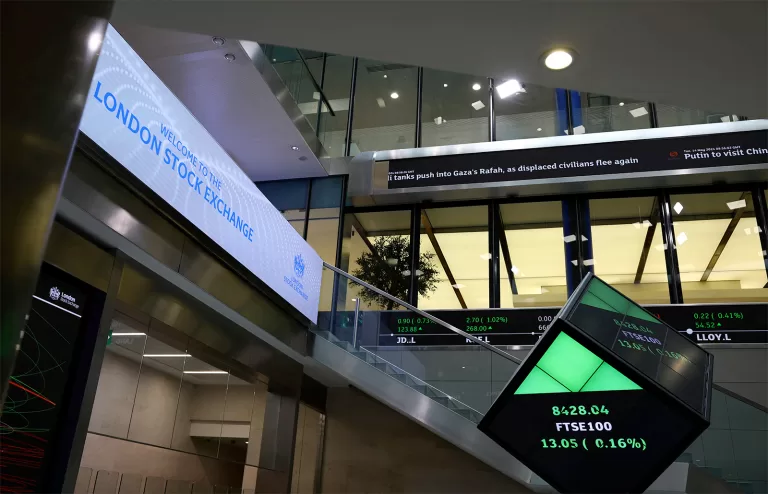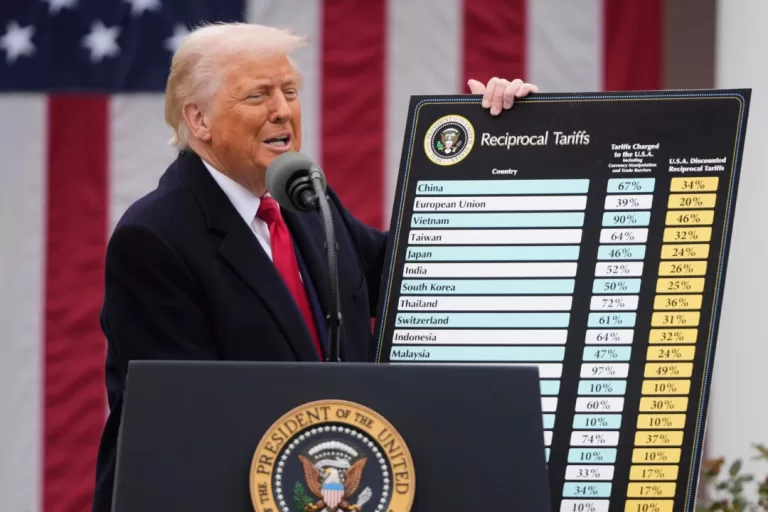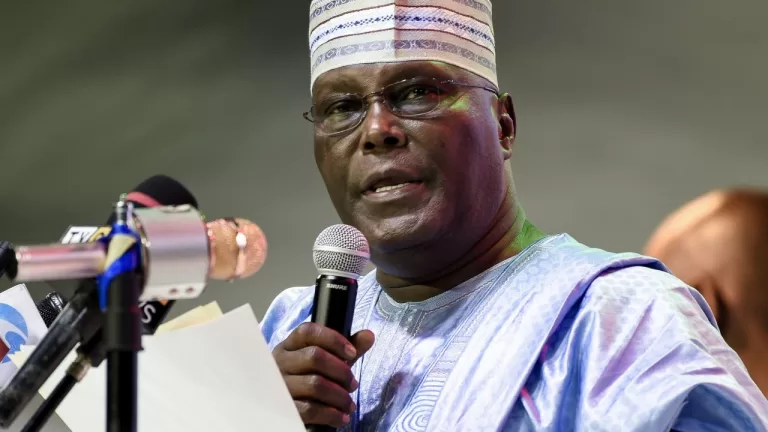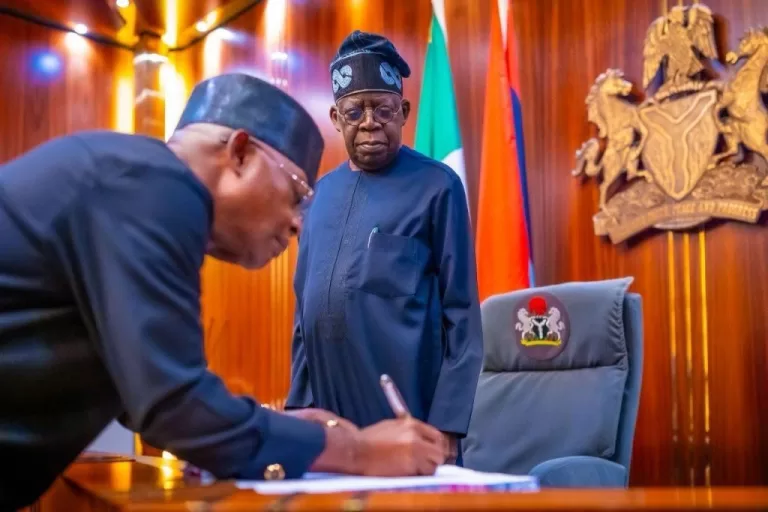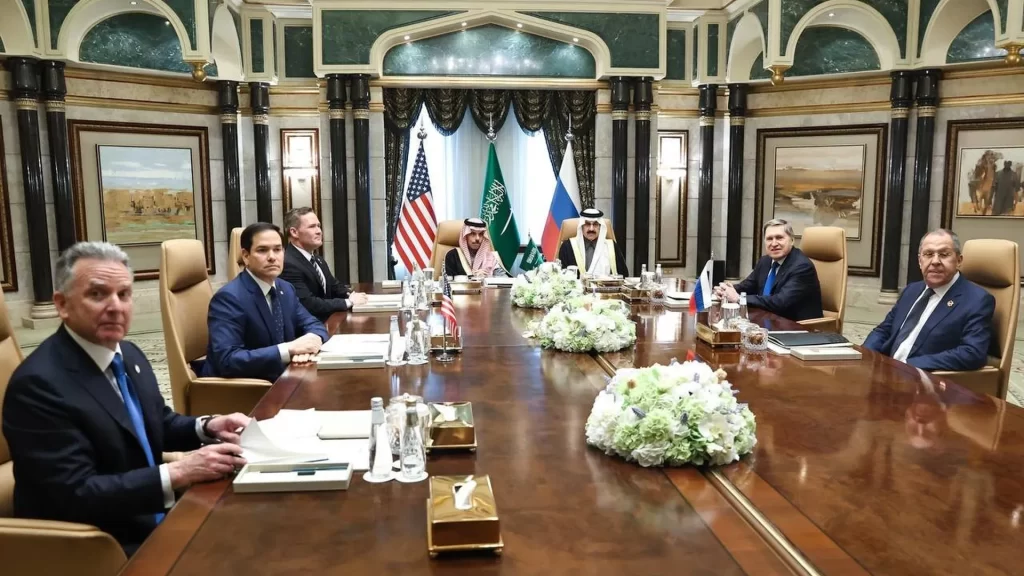
Washington Signals Possible Sanctions Relief for Russian Agricultural Exports as Negotiations Continue
Riyadh, Saudi Arabia – March 31, 2025 – In a rare high-level engagement, U.S. and Russian officials met in Saudi Arabia’s capital, Riyadh, last week for marathon negotiations aimed at securing a Black Sea cease-fire between Russia and Ukraine. The talks, which remain ongoing, have triggered speculation that the United States may ease sanctions on Russian agricultural exports—a key demand from Moscow.
In a March 25 statement, the White House said the two sides had agreed to work toward ensuring “safe navigation, eliminating the use of force, and preventing the militarization of commercial vessels” in the Black Sea. It also hinted at potential sanctions relief, stating that the U.S. would explore ways to help “restore Russia’s access to global markets for agricultural and fertilizer exports”, lower maritime insurance costs, and enhance access to ports and payment systems for such transactions.
While this marks a significant shift in Washington’s position, it remains unclear how far the U.S. is willing to go in meeting Russia’s demands—or whether Ukraine and its European allies will accept such concessions.
Russia Demands Full Implementation of the Black Sea Initiative
The Kremlin’s version of events, however, differs significantly from the White House’s. Moscow claimed that the discussions focused on reviving the now-defunct Black Sea Grain Initiative (BSGI)—the 2022 UN- and Turkey-brokered deal that allowed Ukraine to export grain via the Black Sea but collapsed after Russia withdrew from it in July 2023.
“Unfortunately, the part of the agreement that concerns Russia has not yet been fulfilled,” Kremlin spokesman Dmitry Peskov said at the time, insisting that Western sanctions continued to impede Russian grain and fertilizer exports.
Moscow is now seeking the removal of restrictions on Rosselkhozbank (Russia’s Agricultural Bank) and other financial institutions, reconnection to the SWIFT international payment system, and an end to sanctions on Russian-flagged vessels carrying food and fertilizers. The Kremlin is also demanding access to agricultural equipment imports—another sticking point in past negotiations.
“These are virtually the same conditions that the Black Sea Initiative contained,” Peskov stated on March 26, warning that any new deal must deliver “justice” for Russia this time.
Ukraine and the EU Push Back Against Sanctions Relief
The prospect of Washington loosening restrictions on Russian exports has drawn swift criticism from both Ukrainian and European officials.
Ukrainian President Volodymyr Zelenskyy, speaking in Paris on March 26, accused Moscow of holding the cease-fire talks hostage by making additional sanctions-related demands.
“They are posing conditions on sanctions to the American side,” Zelenskyy said. “We have shown our resilience. It is very important for our partners to be at least as resilient as we are.”
The European Commission echoed this stance, stating that any changes to sanctions must be conditional on a full Russian withdrawal from Ukrainian territory.
“The unconditional withdrawal of all Russian military forces from the entire territory of Ukraine would be one of the main preconditions to amend or lift sanctions,” said Anitta Hipper, the EU’s spokeswoman for foreign affairs and security policy.
This demand is a non-starter for Moscow, which annexed four eastern Ukrainian regions in 2022 and now considers them part of the Russian Federation.
British Prime Minister Keir Starmer, after meeting with European leaders in Paris on March 27, further reinforced Europe’s opposition to softening sanctions.
“Now is not the time for lifting sanctions,” Starmer said bluntly. “Quite the contrary.”
Washington’s Dilemma: Breaking the Stalemate Without Alienating Allies
Despite European resistance, some analysts believe that the Biden administration may be willing to explore sanctions relief as part of a broader diplomatic strategy.
“There is no way to resolve the impasse between Russia demanding sanctions relief and the EU refusing to offer it unless Russia fully withdraws from Ukraine,” said Ambassador Matthew Bryza, a former U.S. National Security Council official and senior State Department diplomat.
According to Bryza, Russian President Vladimir Putin is trying to maximize his leverage—both with the United States and its European allies.
“He is squeezing as much out of Washington as possible while exploiting divisions between the U.S. and the EU,” Bryza explained.
Meanwhile, U.S. Secretary of State Marco Rubio acknowledged that Washington is now evaluating Moscow’s demands following the Riyadh talks.
“After our meeting, the Russians detailed a number of conditions that they want to see met,” Rubio told reporters on March 26. “So we’re going to evaluate that … and present it to the president.”
The Trump Factor: Could the U.S. Act Unilaterally?
Some diplomats believe that former President Donald Trump’s influence on U.S. foreign policy—even before the November 2024 election—could play a role in Washington’s approach.
According to Halil Akinci, a former Turkish ambassador to Russia, Trump could ignore European objections and act independently if he sees an opportunity to secure a diplomatic win.
“Trump doesn’t need to persuade the Europeans,” Akinci told reporters. “He doesn’t play by the rules. If he’s able to do it, he’ll do it.
“Besides, America holds the key to the SWIFT payment system, which is enough to remove many of the sanctions.”
While Turkey played a central role in brokering the original Black Sea Grain Initiative, Akinci noted that Ankara is not deeply involved this time.
“Turkey is very busy right now,” he said, referring to nationwide protests that erupted last week after Istanbul’s opposition-affiliated mayor was detained.
What Comes Next?
Despite ongoing negotiations, deep divisions remain between the key players. Russia is pushing for full sanctions relief on agricultural exports, while Ukraine and the EU demand a total Russian withdrawal—a demand Moscow will not accept.
With Washington still evaluating its position, the future of the Black Sea cease-fire talks remains uncertain. If the U.S. moves ahead with partial sanctions relief for Russia, it could test the limits of transatlantic unity—and reshape the trajectory of the war.
For now, the diplomatic chess game continues—with high stakes for global food security, European solidarity, and the future of U.S.-Russia relations.


